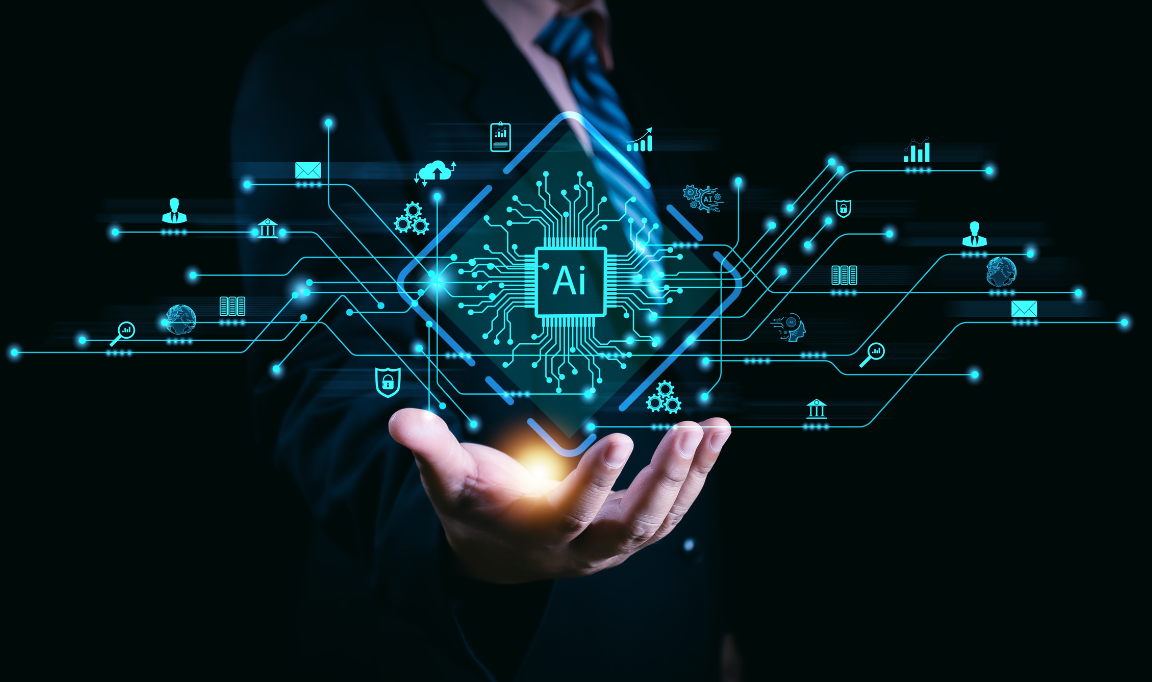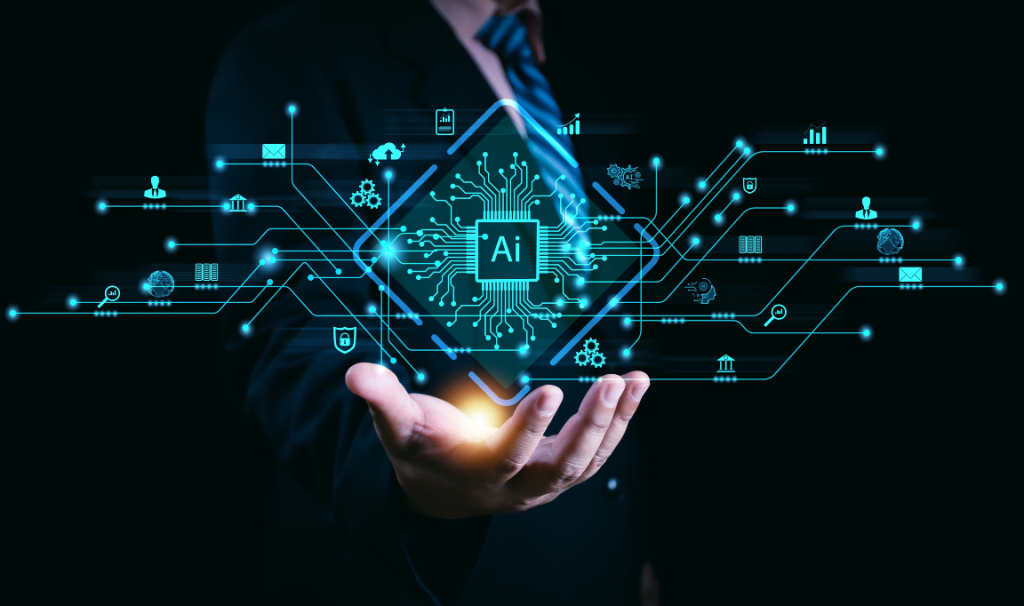Nick Bostrom Warns: The Biggest AI Risks No One’s Ready For


Nick Bostrom is widely recognised as one of the world’s leading AI Speakers, a philosopher and futurist whose research has shaped global debates on artificial intelligence and humanity’s future. As the founding director of Oxford University’s Future of Humanity Institute, he has become a trusted authority for policymakers, businesses, and academics grappling with emerging technologies.
Author of the international bestseller Superintelligence: Paths, Dangers, Strategies, Bostrom has been at the forefront of discussions on AI safety, governance, and existential risk for more than two decades. His work continues to influence global summits, regulatory frameworks, and industry practices at a time when AI’s impact is accelerating.
In this exclusive interview with The Motivational Speakers Agency, Nick shares his insights on the shifting public perception of AI, the urgent challenges of developing safe digital systems, and whether intelligent machines may one day deserve moral status.
Question 1. In what way has there been a shift in attitude towards AI in recent years?
Nick Bostrom: “In the last 12 months there [has been] a really profound shift in the public discourse around AI. There have been a small community of people who have for a couple of decades been thinking about what would happen if AI really started to succeed and the kinds of safety issues and security concerns that might arise.
“But this was for the longest time really a fringe occupation. Most people sort of dismissed it as idle speculation, science fiction, doom-mongering, and there were a few people hacking away at that on the sideline.
“But over the last 6 to 12 months, really, we’ve seen the profound shift where some of these questions, including concerns about existential risks from superintelligence and so on, have really hit the mainstream. And right now, as we speak, of course here in the UK, there is this Global Summit on AI which is just the latest of a series of high-level policymaker interventions in this space.”
Question 2. What are the biggest challenges of incorporating and developing AI?
Nick Bostrom: “I think if we take a bird’s-eye view of the current situation, there’s a bunch of different facets of this AI challenge that we can identify.
“So first, there are all the things that people have been looking at for a long time which are more present-day issues and current harms and concerns with how these systems might be used: threats to privacy, intellectual property, discrimination etc. That’s all still there.
“But then, in addition to that, as we are looking towards potentially more transformative AI developments, I think we can identify three broad clusters of issues. One is the technical problem of developing scalable methods for AI alignment.
“These would be methods for ensuring that AI systems remain on task, that they do what their creators intend for them to do and don’t do things that they are not intended to do, even as these systems become more general in their capabilities and more intelligent — and eventually perhaps superhumanly capable in various domains.
“And this has received a lot more attention in the last few years. The leading AI labs that are developing frontier models now all have highly capable research teams focusing specifically on this issue. And it is starting to be discussed much more in the general public and also to some extent amongst policymakers.
“There are also potential concerns from misuse applications of increasingly powerful AI systems. This would include, for instance, the concern that the next generation of large language models might lend themselves to people who want to make biological weapons or massive cybercrime.
“There is a need to prevent these models from giving that kind of assistance, and probably to test them in advance of deployment through red-teaming techniques and other measures to ensure that AI won’t provide those capabilities to users.
“And then beyond that, there are also questions of autonomous AI systems that might themselves pose these kinds of more traditional risks that have been discussed — including in my 2014 book — about AI taking over or posing a threat to the human species.
“So over various timescales, which still remain uncertain but now with a non-trivial probability of just a few years, I think these questions are coming to the fore.”
Question 3. What are the issues associated with AI governance?
 Nick Bostrom: “This encompasses a whole swath of different challenges related to how this technology, even if we have the technical means of constructing particular AI systems so that they behave as intended, how we then have a national and perhaps international governance regime that ensures that these systems predominantly are used for positive ends.
Nick Bostrom: “This encompasses a whole swath of different challenges related to how this technology, even if we have the technical means of constructing particular AI systems so that they behave as intended, how we then have a national and perhaps international governance regime that ensures that these systems predominantly are used for positive ends.
“This intersects with the first. If you have challenges in aligning AI systems, you might also need some regulatory regime that limits who is able to build cutting-edge systems. But it also includes a whole host of other things — like these systems could be used for all manner of purposes, from automating propaganda to autonomous weapons to obviously a huge host of positive uses as well.”
Question 4. Do you feel there is a moral status issue with AI developing digital minds?
Nick Bostrom: “Either now or at some point as we create increasingly complex and sophisticated AI systems, these might become not just mere objects or tools like hammers and cars, but entities whose interests matter in their own right.
“So, you might think of the first of these big buckets — the alignment — as to make sure that the AI systems don’t harm us. The governance challenge, broadly speaking, is how can we make sure that we don’t harm each other using AI tools. And then this third bucket is: how can we make sure that we don’t harm the AIs?
“Now this is still a little bit outside the Overton window. I would say that currently the conversation relating to this third area is roughly where the first area, AI alignment, was maybe five or ten years ago. Some people are starting to think about it, but it’s not yet really on the radar of top-level policymakers or most practitioners in the field of artificial intelligence.
“But just as AI alignment has moved from being a fringe occupation of a few people in academia or on the sidelines, or some clever people debating it on the internet, and has moved into the mainstream, I think a similar shift will need to happen sometime between now and the next several years with respect to this question of the moral status of digital minds.”
This exclusive interview with Nick Bostrom was conducted by Mark Matthews of The Champions Speakers Agency.
The post Nick Bostrom Warns: The Biggest AI Risks No One’s Ready For appeared first on European Business & Finance Magazine.

















































